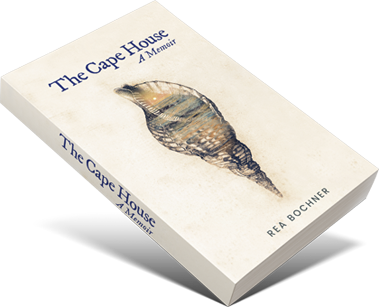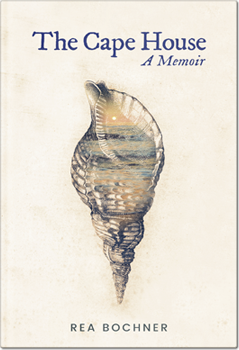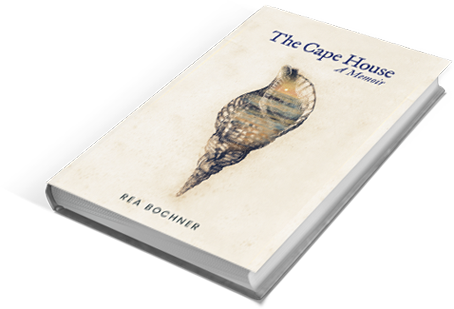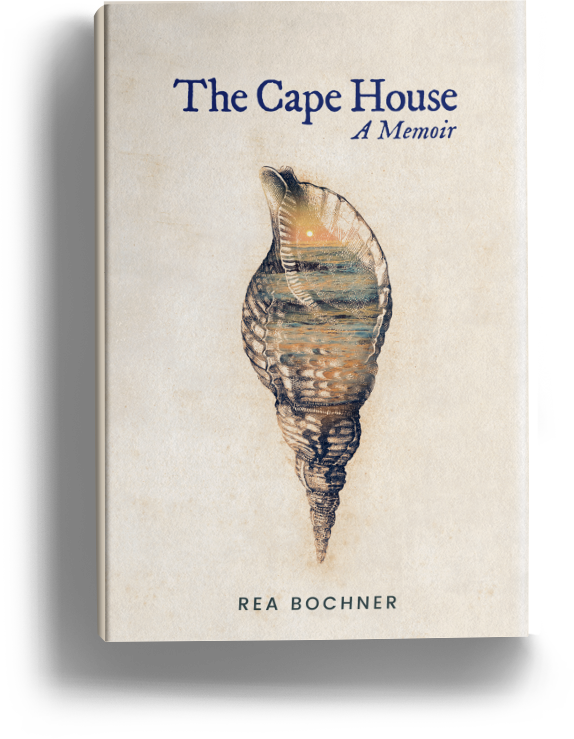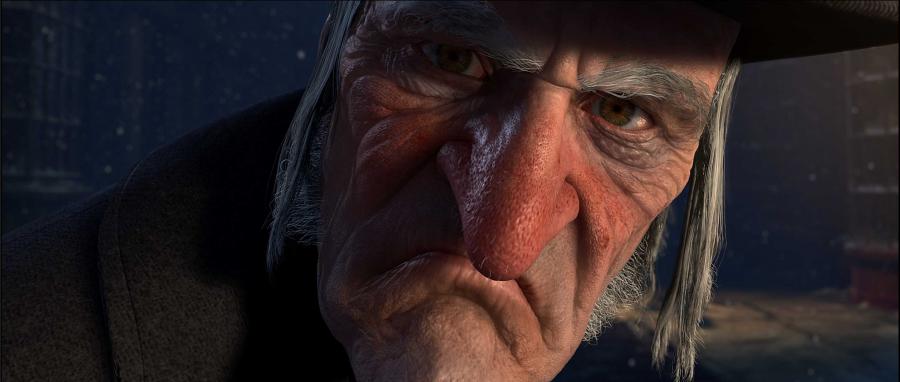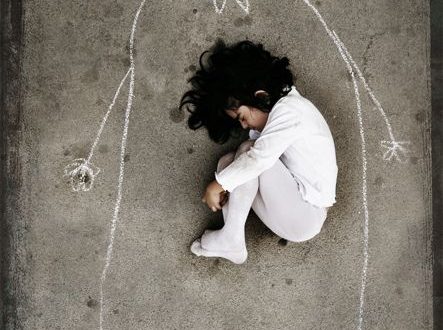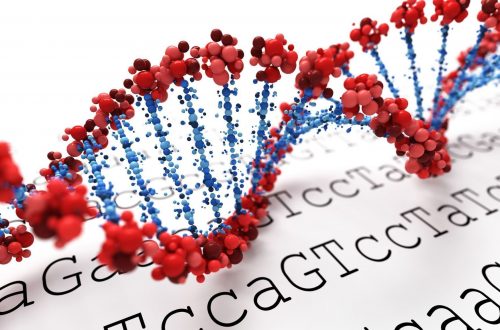I was just on the phone with my sister-in-law in Israel, bitching about how much my Yom Kippur sucked. I was resentful, exhausted, and my kids were insane. I actually had to carry my five-year-old out of synagogue and take him home because he was so out of control. “If you want high-holiday inspiration,” I told her, “I’m not your girl.”
The truth is, my mood was sour before Yom Kippur. The Jewish high holidays don’t give me the warm fuzzies the way that Christmas trees and Bing Crosby do for you non-Jewish folk. Around this time of year, I am the Jewish version of Ebeneezer Scrooge: crabby, self-pitying, and bah-humbugging all over everyone.
I could blame the three-week-long parade of shopping, cleaning, cooking, and kid-coralling. I could say it’s the lack of routine, the on-again, off-again schedule. I could even point a finger at the huge expense, work time lost, and the complete lack of rest on what are supposed to be “days off.” They would all have something to do with why I can’t stand the high holidays, but they’re not the main reason.
It’s really because, when I sit in synagogue on Rosh Hashana or Yom Kippur, or when I shake the lulav and etrog on Sukkot, I feel nothing. I read the words in the prayer book, but they feel hollow on my lips. I stand in what is supposed to be a holy place, reciting holy prayers with my community on the holiest days of the year – feeling a thousand miles away from God.
It’s frustrating as hell.
I am a proud Jew. I feel a love for the land of Israel, a kinship with my people, and a desire to build a loving connection for my children to their heritage. But. I have never experienced God in Jewish practice the way that I have in meditation, on my yoga mat, sitting in a meeting, or in deep conversation with others.
For a long time, I tried to pretend this wasn’t the case. I tried to throw myself into it with a velocity I hoped would break down the wall between me and a spiritual experience. I wanted to dwell with God through Judaism; I wanted to discover more of God through the practice of my religion. But it didn’t work. The wall stayed intact, and I found myself, over and over, banging my head against it.
I was ashamed. I thought I was lacking.
Maybe my faith wasn’t deep enough.
Then, recently, I had a conversation with my friend, Rabbi Paula Drill, who I’ve known since I was four years old. Paula used to teach the “Torah for Tots” group at my synagogue, and she would sing with me and my friends every week, then give us tiny cups of grape juice and cookies. Between her gentle smile, real hugs, and the simple sugars, “Torah for Tots” was my childhood heaven on earth.
I called Paula this week to clear out some of the clutter in my head, and to get a dose of her gentle spirit. Paula is going through cancer treatment right now, but when I asked her how she was, she said, “I have the best life. I am so grateful.”
This is no spiritual slouch.
When I told her about my feeling of disconnection, and what a bad mood that put me in, she surprised me by saying she could relate. “A lot of Judaism is designed to be practiced as a community,” she said, “which is wonderful in helping us connect communally. But it also makes it challenging for many of us to find our individual connection with God.”
“So what do you do?”
“You be part of the community, you act your part as best you can, and then you experience God where you find God.”
Paula told me of times she, the rabbi of a congregation, presented the picture of a person in deep prayer while her mind was elsewhere. Even she, the leader of a congregation, had to fake it sometimes. But that didn’t mean it wasn’t real; there was spiritual value in what she was doing, because it wasn’t all about her; it was about her greater contribution to the community, and the service of her presence. Without her, the community would have been lessened.
The same could be said for all of us. Jewish tradition holds that every member of the faith is connected to a letter in the Torah; without even one, the Torah (i.e. the Jewish People) would be incomplete. We each have a valuable role to play, and all are equally important. We are also deeply connected to each other. When one suffers, all suffer; when one triumphs, the victory is everyone’s. This extends, too, to every member of the human race. When it comes to God’s plan for the universe, we are all necessary agents, interdependent upon one another.
With this in mind, I could look at what Paula said as a profound spiritual discipline: shifting the focus from my own needs to the potential contribution I could make to something larger than myself – even if it meant I didn’t get much out of it.
I could jive with that.
As for my experience of God, wherever it happens for me is okay. It doesn’t make me less Jewish; it just makes me…me. Paula reminded me that in the liturgy of the Shmoneh-Esrei, the silent standing prayer, we say, “Elokei Avraham, Elokei Yitzchak, Elokei Yaakov…”, “The God of Abraham, The God of Isaac, The God of Jacob…” Though they all had a powerful connection to God, for each one, that connection was purely individual. They found God in different places, at different times. Why shouldn’t the same go for me?
Needless to say, I’m feeling better. Not that I won’t still grumble when I have to wrestle my kids into their fancy clothes, or when I’m cleaning up after another festive meal, or when my husband pulls me outside in my pajamas to shake the palm fronds and citron after Sukkot starts on Sunday. I have no expectations of my mind being blown in synagogue. But maybe instead of Bah-humbugging for the rest of the holiday season, I’ll reserve just a few seconds to consider that, maybe, it’s not all about me.
Until then, I’ll be slaving away at the stove.
